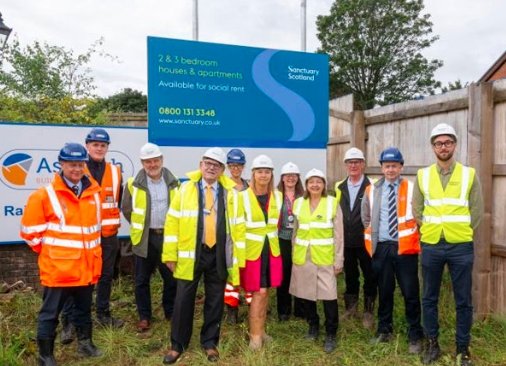EDINBURGH — August 12, 2025 — Almost 80 community-led regeneration projects across Scotland are set to share more than £2.5 million in fresh funding, as the Scottish Government moves to unlock the economic potential of local areas while tackling persistent social challenges.
Deputy First Minister Kate Forbes confirmed the investment under the Strengthening Communities Programme for the 2025–26 financial year, marking the initiative’s 13th year of operation. The programme will continue to support 62 existing organisations and launch work with a further 15 new recipients.
Edinburgh Groups Among Beneficiaries
Several Edinburgh-based initiatives will receive targeted funding, including:
-
North Edinburgh – R2 Co-ordinator — £56,205
-
Rannoch Community Trust — £40,295
-
Whale Arts Agency — £35,154
The funds will be used to expand local services, develop community spaces, and create opportunities for residents in areas facing economic and social barriers.

A Programme with a Wide Reach
The Strengthening Communities Programme is designed to support a broad spectrum of local priorities, from housing and employability to tourism and cultural heritage. The latest round of funding will also back the expansion of community food hubs, a growing focus in areas where food security remains a concern.
Since its inception, the programme has been credited with:
-
Building business units for small and micro-enterprises
-
Renovating vacant properties into community and cultural centres
-
Creating new homes in rural and island areas to address population decline
-
Supporting heritage-led tourism projects
Forbes: “Real Change at Local Level”
“This investment is about putting power and resources into the hands of those who know their communities best,” said Forbes. “From rural villages to city neighbourhoods, these projects are driving real economic, social, and environmental change.”
The £2.5 million allocation, while modest in scale compared to national infrastructure spending, represents a significant injection for grassroots organisations — many of which operate on limited budgets but have deep local impact.


















